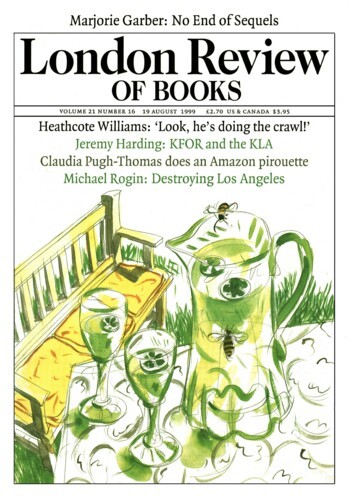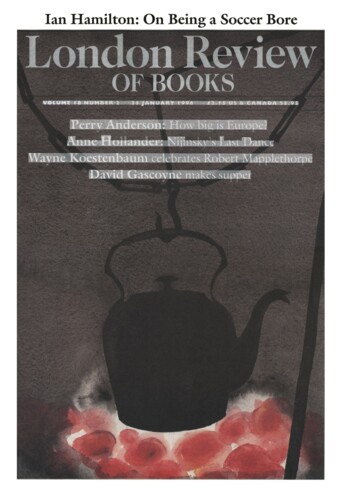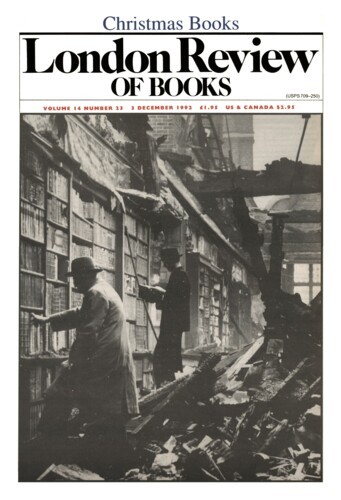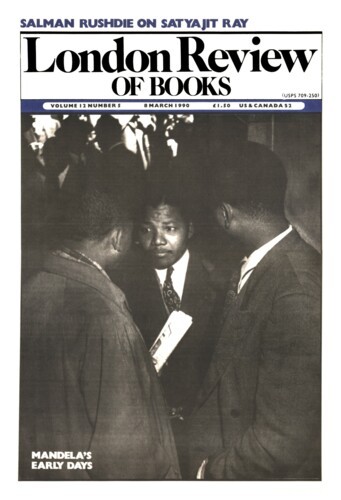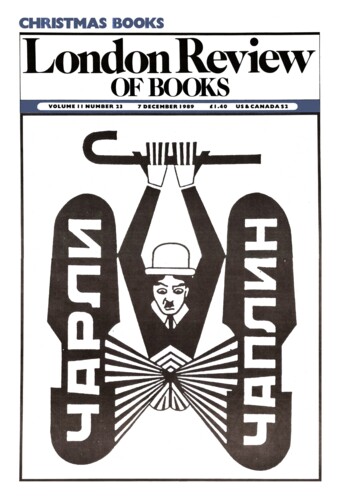The Unsolved Mystery of the Money Tree: Jeremy Thorpe
Anthony Howard, 19 August 1999
Jeremy Thorpe has long been the non-person of modern British politics. Never mind that 25 years ago he attained for the then stand-alone Liberal Party more votes (over six million) than Paddy Ashdown achieved for the by now merged Liberal Democrats (five and a quarter million) at the last general election. Discretion, if not sheer political cowardice, decreed that his faintly saturnine presence should be air-brushed out of any contemporary history of Britain’s third party. The man who at one moment seemed set to inherit the mantle of Lloyd George became instead a kind of gruesome ghost haunting any Liberal feast.
